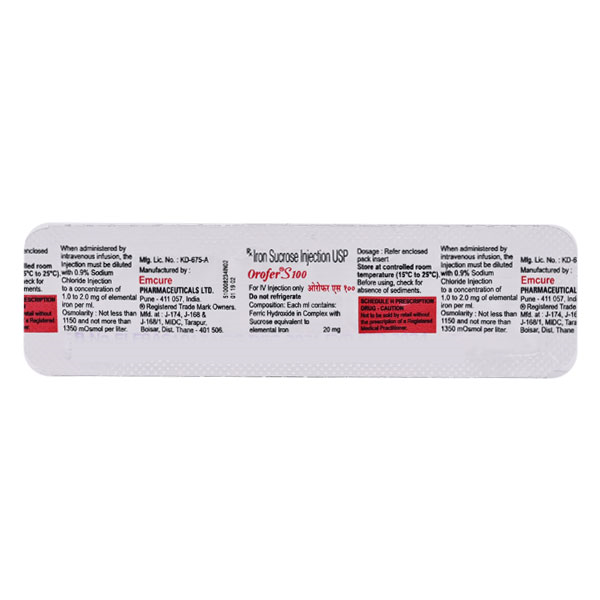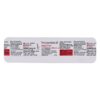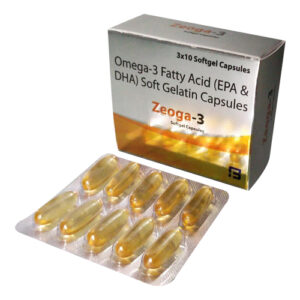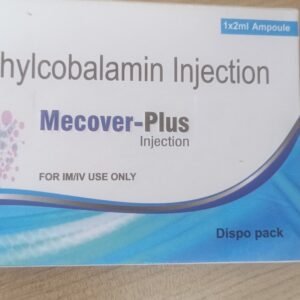Product Highlights
-
Effectively treats iron deficiency anaemia
-
Ideal for patients who cannot tolerate oral iron
-
Helps increase red blood cell production
-
Administered only by medical professionals
-
Suitable for chronic kidney disease patients
Product Introduction
Orofer S 100mg Injection is part of the Iron preparation class of medications. It is used for treating iron deficiency anaemia, particularly in patients who are intolerant to or not responding to oral iron. It works by increasing iron levels in the blood, aiding the production of haemoglobin and red blood cells.
It is not recommended for anaemia due to other causes or for people with excess iron in the body. Always inform your doctor about any existing conditions like asthma, rheumatoid arthritis, lupus, or eczema before use.
Key Benefits
-
Restores iron levels in iron-deficient patients
-
Helps in the formation of haemoglobin and red blood cells
-
Useful in anaemia due to chronic kidney disease
-
Reduces fatigue, dizziness, and shortness of breath associated with anaemia
-
Suitable for those unable to take iron orally
How It Works
Orofer S 100mg Injection contains Iron Sucrose, which helps replenish the iron stores in the body. Iron is crucial for the synthesis of haemoglobin, the oxygen-carrying component in red blood cells. By restoring iron levels, Orofer S improves the production of red blood cells and alleviates symptoms of anaemia.
Usage Instructions
-
Orofer S is administered intravenously by a doctor or nurse
-
It may be given as a direct injection into a vein or via a dialysis line
-
The dosage depends on your weight, age, and iron deficiency level
-
Do not self-administer this injection
Side Effects of Orofer S 100mg Injection
Common Side Effects:
-
Metallic taste
-
Low or high blood pressure
-
Nausea
-
Pain, irritation, or discolouration at the injection site
Uncommon Side Effects:
-
Headache, dizziness
-
Constipation or diarrhoea
-
Vomiting, stomach pain
-
Rash, itching
-
Muscle cramps or joint pain
-
Weakness, swelling of limbs
Rare Side Effects:
-
Chest pain, palpitations
-
Fainting, drowsiness
-
Fever, increased sweating
-
Discolouration of urine
-
Anaphylactic reactions (rare but serious)
Safety Information
-
Pregnancy: ⚠️ Use only if clearly needed. Consult your doctor.
-
Breastfeeding: ⚠️ Use with caution. Doctor consultation required.
-
Driving: ❌ Avoid if you feel dizzy or lightheaded.
-
Kidney Disease: ⚠️ Use with caution in chronic kidney disease.
-
Liver Disease: ⚠️ Caution advised. Consult your doctor.
-
Allergy: ❌ Not for use in those allergic to Iron Sucrose or related injectables.
-
Children: ❌ Not recommended below 18 years.
-
Elderly: ⚠️ Use with caution in those above 65 years.
Good to Know
-
Not effective for non-iron deficiency anaemia
-
Administered only in medical settings
-
Not suitable for self-injection
-
Avoid iron supplements unless advised by your doctor
-
Report any allergic reaction or chest discomfort immediately
Quick Tips
-
Only trained healthcare professionals should administer Orofer S
-
Sit or lie down during administration to prevent dizziness
-
Notify your doctor of any skin conditions or autoimmune diseases
-
Drink plenty of fluids if you experience constipation
-
Avoid using any other iron product concurrently unless advised
FAQs About Orofer S 100mg Injection
Q: What is Orofer S Injection used for?
A: It is used to treat iron deficiency anaemia in people who can’t take oral iron or don’t respond well to it.
Q: Is Orofer S safe during pregnancy?
A: It can be used if clearly necessary under a doctor’s supervision.
Q: How is Orofer S Injection given?
A: It is administered intravenously in a clinic or hospital by a healthcare provider.
Q: Can it cause side effects?
A: Yes, including metallic taste, nausea, low/high blood pressure, and site irritation.
Q: Can I take iron tablets with this injection?
A: No, unless your doctor specifically advises. It may lead to iron overload.
Q: Is it suitable for children?
A: ❌ No. It is not recommended for use in children under 18 years.
Q: How soon will I feel better?
A: Iron levels begin to improve within days to weeks, but follow-up tests are needed to monitor progress.
Q: What precautions should I take during treatment?
A: Inform your doctor about any inflammatory or autoimmune conditions and monitor for allergic reactions during and after injection.







Reviews
There are no reviews yet.